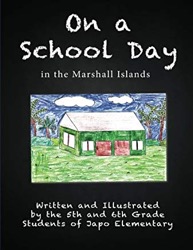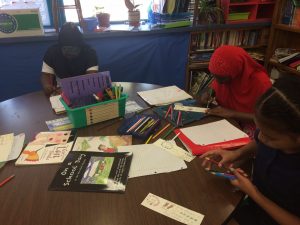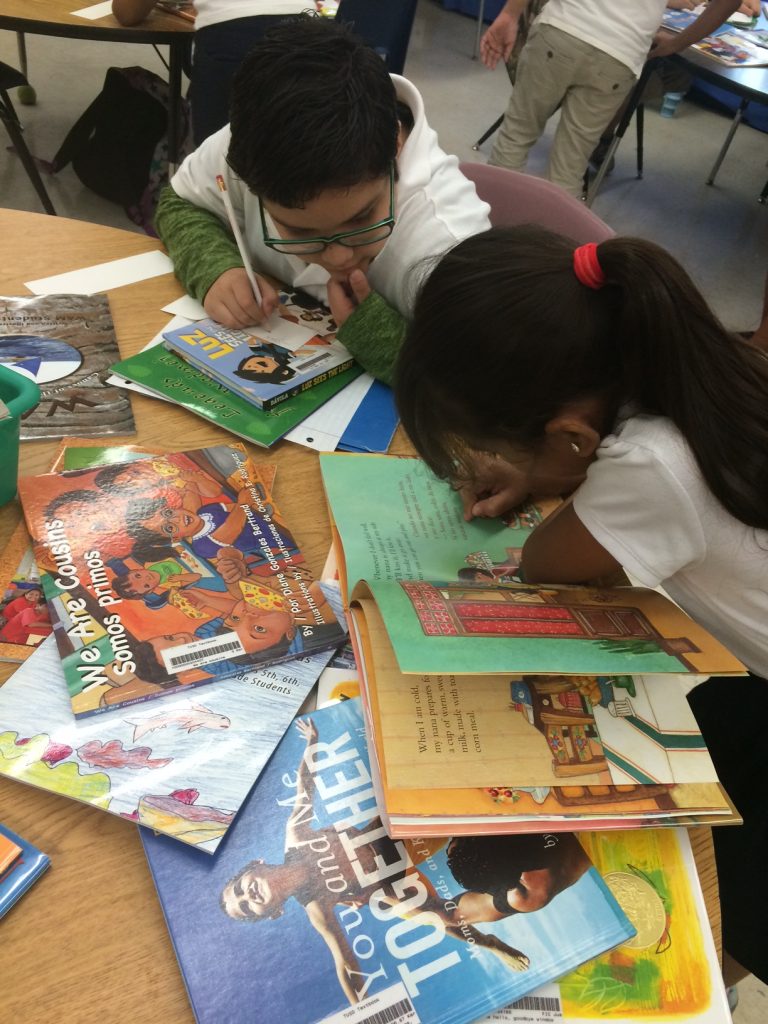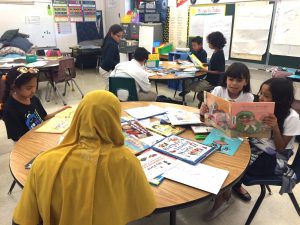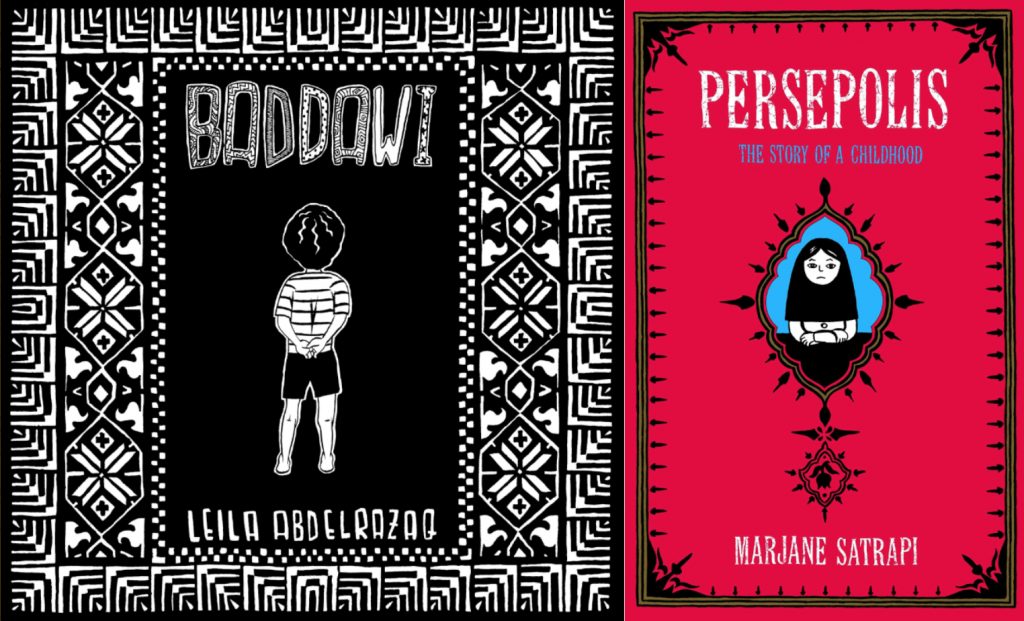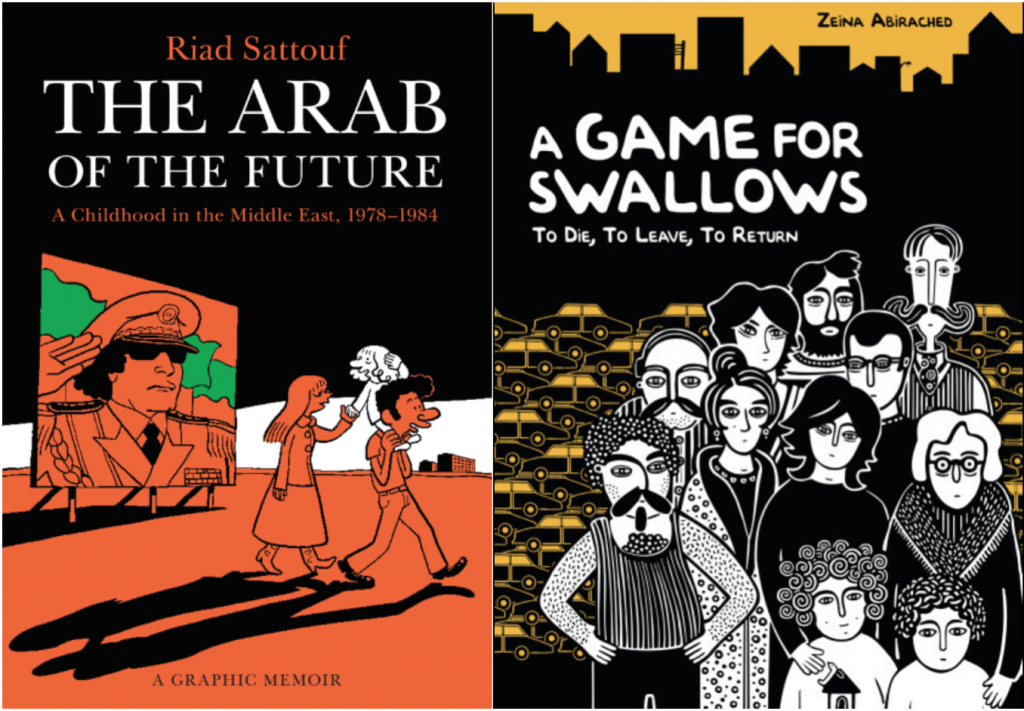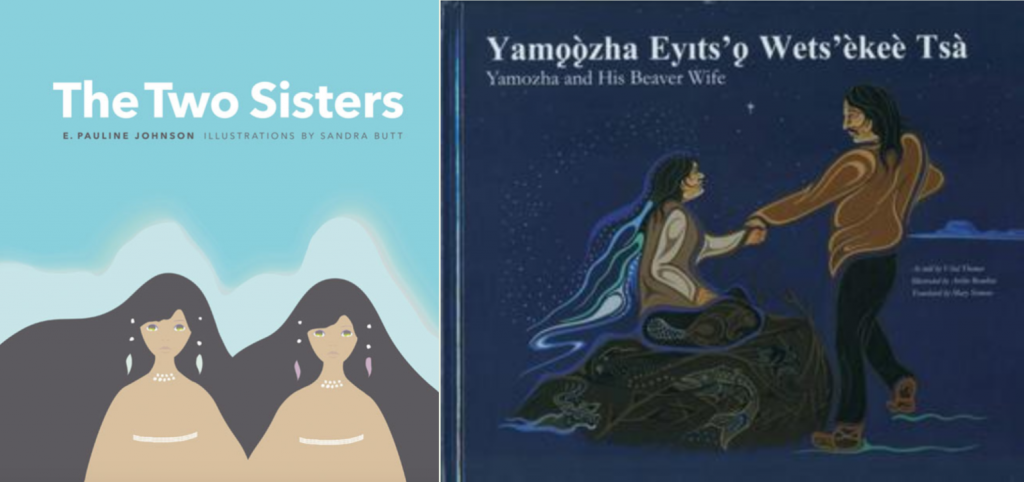By Maria Leija, University of Texas Rio Grande Valley
There are many children’s books that are now available to discuss immigration. Discussing immigration sheds light on the emotional and physical hardships that documented and undocumented immigrants face as they immigrate to another country and/or live in their new country. The impact of immigration status on teachers’ as well as students’ and their families’ lives continues to be important for understanding the need for changes in schools. For example, societal views on immigration affects families’ home life and children’s schooling experiences. Because immigration policies and practices affect the health, academic performance, and school attendance of undocumented students or students living in mixed-status families; teachers, administrators, and school communities are not exempt from dealing with the repercussions of immigration policies. The American Federation of Teachers encourages teachers to discuss immigration issues as a way to create a safe learning environment and so that students identify educators as allies who can provide important information. Continue reading


